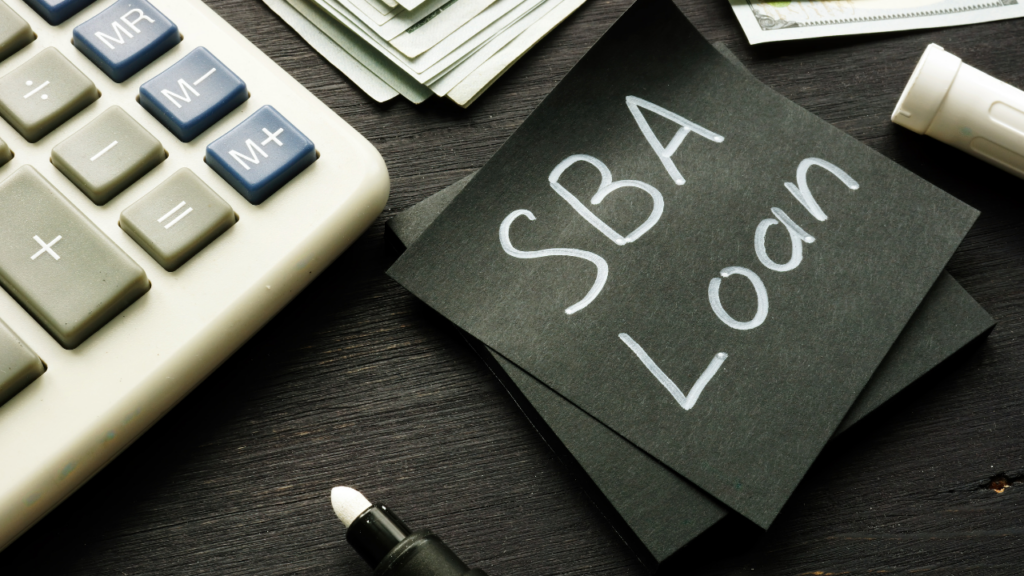
Operating a home-based business can be a rewarding endeavor, but it also comes with challenges. One of those challenges is securing financing. Fortunately, the Small Business Administration (SBA) offers loans specifically for home-based businesses. However, like all financing options, these loans have pros and cons. Let’s delve into the benefits and drawbacks of SBA loans for home-based businesses.
What is an SBA Loan?
Before we discuss the pros and cons, it’s essential to understand what an SBA loan is. The Small Business Administration (SBA) doesn’t lend money directly. Instead, it guarantees banks and lenders the money they lend to small businesses, including home-based businesses. This guarantee makes these loans less risky for lenders, increasing the likelihood of small businesses getting approved for financing.
Advantages of SBA Loans for Home-Based Businesses
Lower Interest Rates
One significant benefit of SBA loans is that they typically come with lower interest rates than traditional business loans. This can make a substantial difference in the total amount you repay over the life of the loan.
Longer Repayment Terms
SBA loans often come with longer repayment terms. This can benefit a home-based business, allowing for lower monthly payments and freeing up cash flow for other business expenses.
Access to Larger Amounts of Capital
Because the SBA partially guarantees these loans, lenders are often more willing to lend larger sums. This can be particularly helpful for home-based businesses looking to expand or make substantial purchases.
Disadvantages of SBA Loans for Home-Based Businesses
Stringent Eligibility Requirements
SBA loans come with strict eligibility criteria, including business size, type of business, and use of loan proceeds. This can make it difficult for some home-based businesses to qualify.
Lengthy Application Process
Applying for an SBA loan can be a lengthy process. It often involves a great deal of paperwork and can take weeks or even months to complete. This might not be the best choice for businesses needing quick access to funds.
Personal Liability
Often, SBA loans require personal collateral. This means if your business fails to repay the loan, you as the business owner are personally responsible. This can be a significant drawback and risk for many home-based business owners.
SBA loans can be a valuable financing option for home-based businesses, offering lower interest rates, longer repayment terms, and access to larger amounts of capital. However, the stringent eligibility requirements, lengthy application process, and potential for personal liability may make them less attractive to some business owners. As with any financing decision, weighing the pros and cons and considering your business needs and circumstances is essential.
